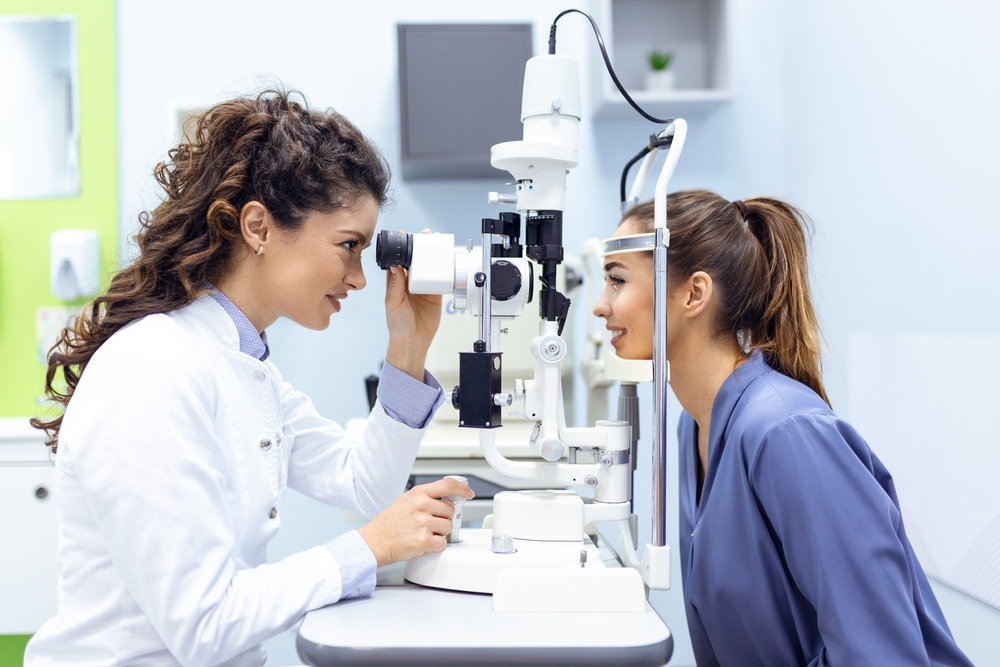
Dry eye is more than a temporary inconvenience—it’s a chronic condition that can significantly affect your quality of life if left unmanaged. Routine eye exams play a critical role in identifying, managing, and alleviating the symptoms of dry eye.
What Is Dry Eye?
Dry eye occurs when your eyes do not produce enough tears or when the tears evaporate too quickly due to poor tear quality. Tears are vital for maintaining the health of the eye’s surface and providing clear vision. Without adequate lubrication, the eyes can become irritated and prone to damage.
Dry eye can result from various factors, including:
Age: Tear production tends to decrease as we age.
Environment: Exposure to wind, dry climates, or screen time.
Health Conditions: Autoimmune diseases like Sjögren's syndrome or diabetes.
Medications: Certain medications, including antihistamines or antidepressants, can reduce tear production.
Eyelid Problems: Blepharitis or meibomian gland dysfunction can disrupt the production or quality of tears.
Common Symptoms of Dry Eye
If you’re experiencing dry eye, you may notice symptoms such as:
A burning or stinging sensation
Redness in the eyes
Blurred vision
A gritty feeling, as though something is in your eye
Sensitivity to light
Discomfort when wearing contact lenses
These symptoms can range from mild to severe, and their persistence can lead to complications like eye infections or corneal damage.
The Role of Routine Eye Exams in Dry Eye Management
Managing dry eye requires more than just over-the-counter solutions. Routine eye exams are a cornerstone of effective treatment. During a comprehensive eye exam, your eye doctor can detect early signs of dry eye—even before noticeable symptoms occur. Specialized tests, such as measuring tear production and assessing tear quality, help in diagnosing the condition accurately.
Dry eye is not a one-size-fits-all condition. These exams allow your eye doctor to evaluate the severity of your dry eye and recommend tailored treatments. Treatment may include lid hygiene products, prescription eye drops, eye masks, punctal plugs, oral supplements, or scleral lenses. Monitoring progress with your eye doctor ensures your treatment plan is working effectively. Adjustments can be made based on changes in symptoms or lifestyle.
Take Control of Your Eye Health
Dry eye may seem like a minor inconvenience, but its impact on your daily life and long-term eye health can be significant if left unmanaged. Routine eye exams are an invaluable tool for detecting dry eye early, developing personalized treatment plans, and preventing complications. By staying proactive about your eye care, you can enjoy improved comfort, clearer vision, and better overall eye health.
Schedule your routine eye exam with Eye & Health and let us help you manage dry eye effectively. Contact our office in New York, New York, by calling (332) 895-2800 to book an appointment today.









